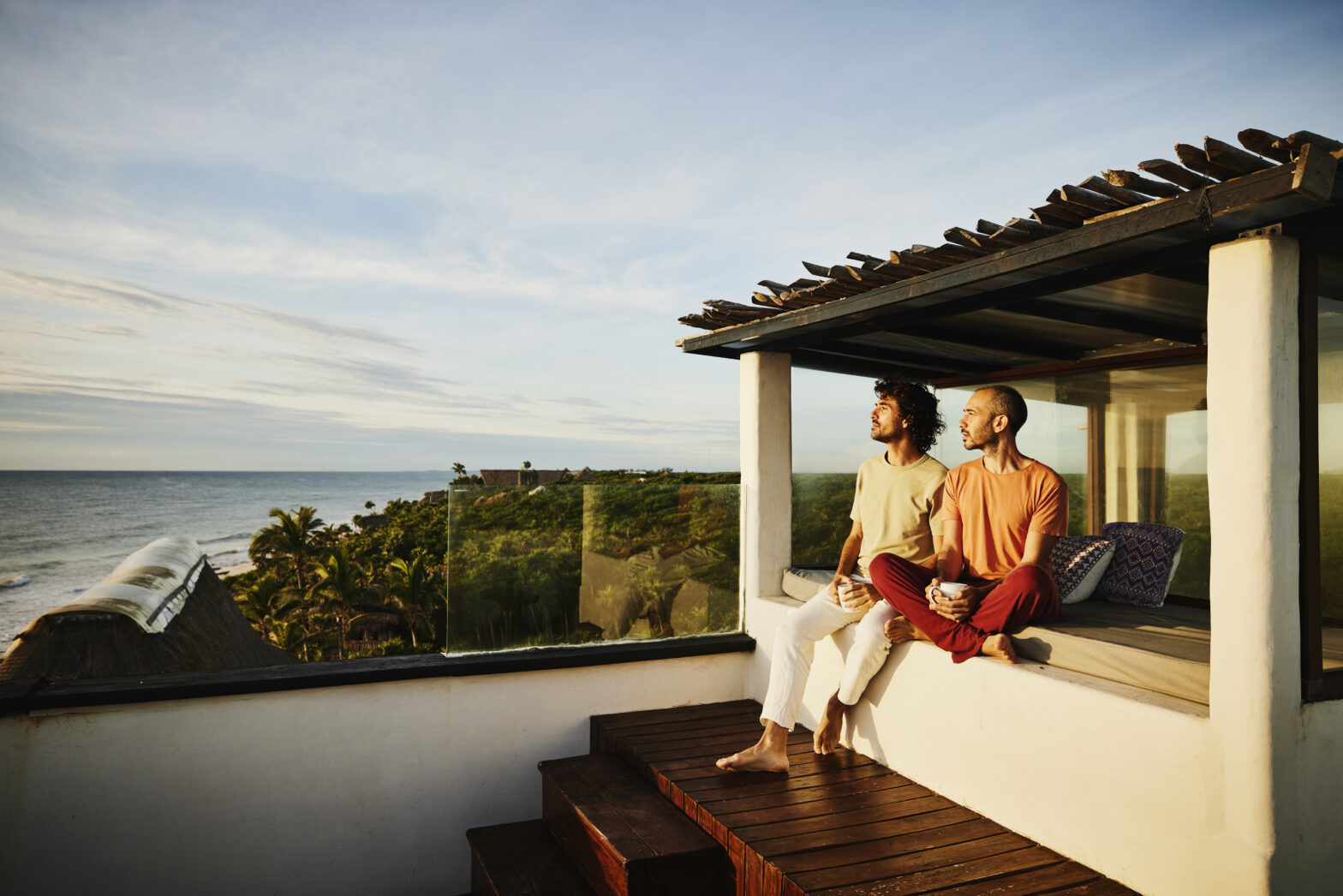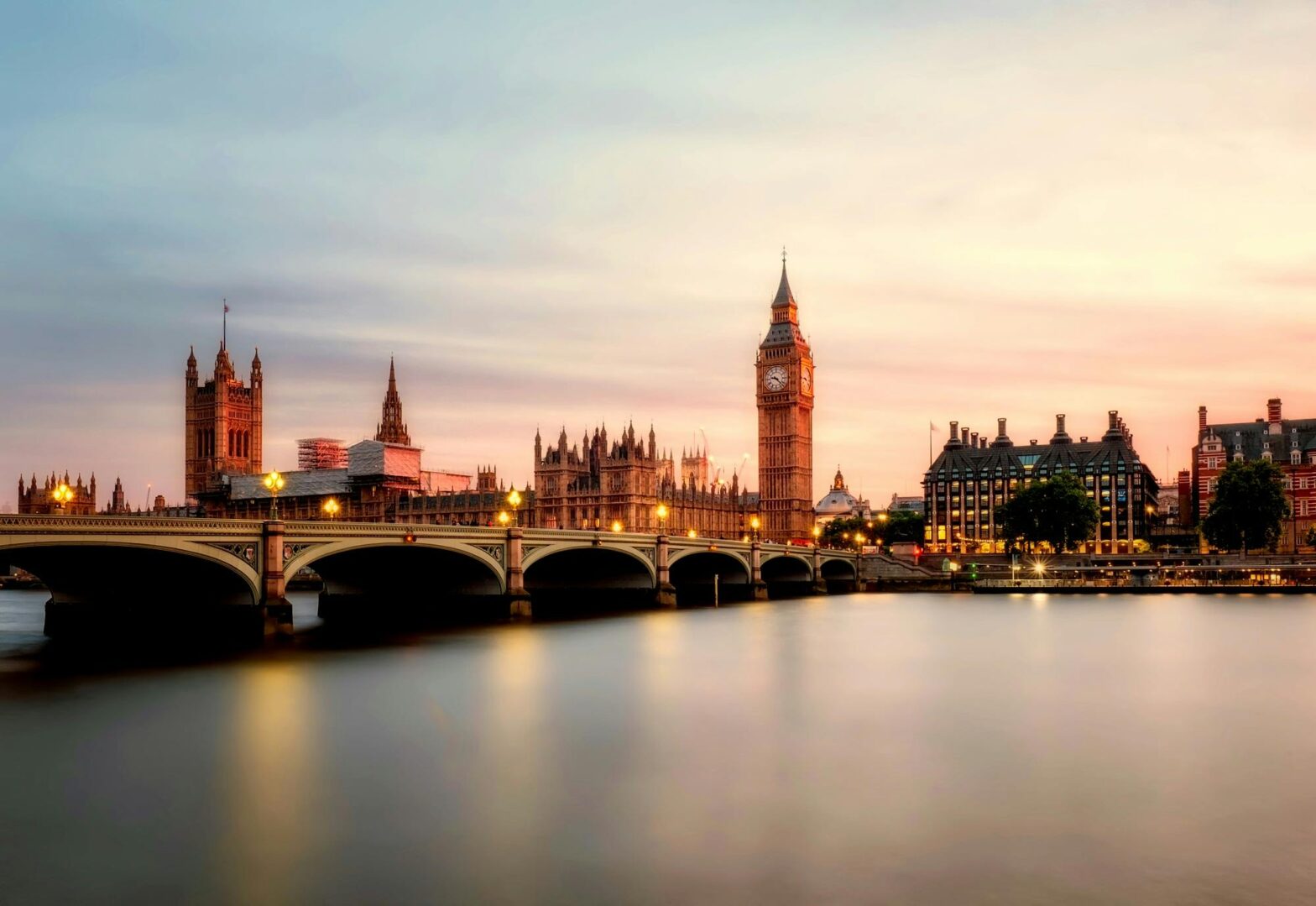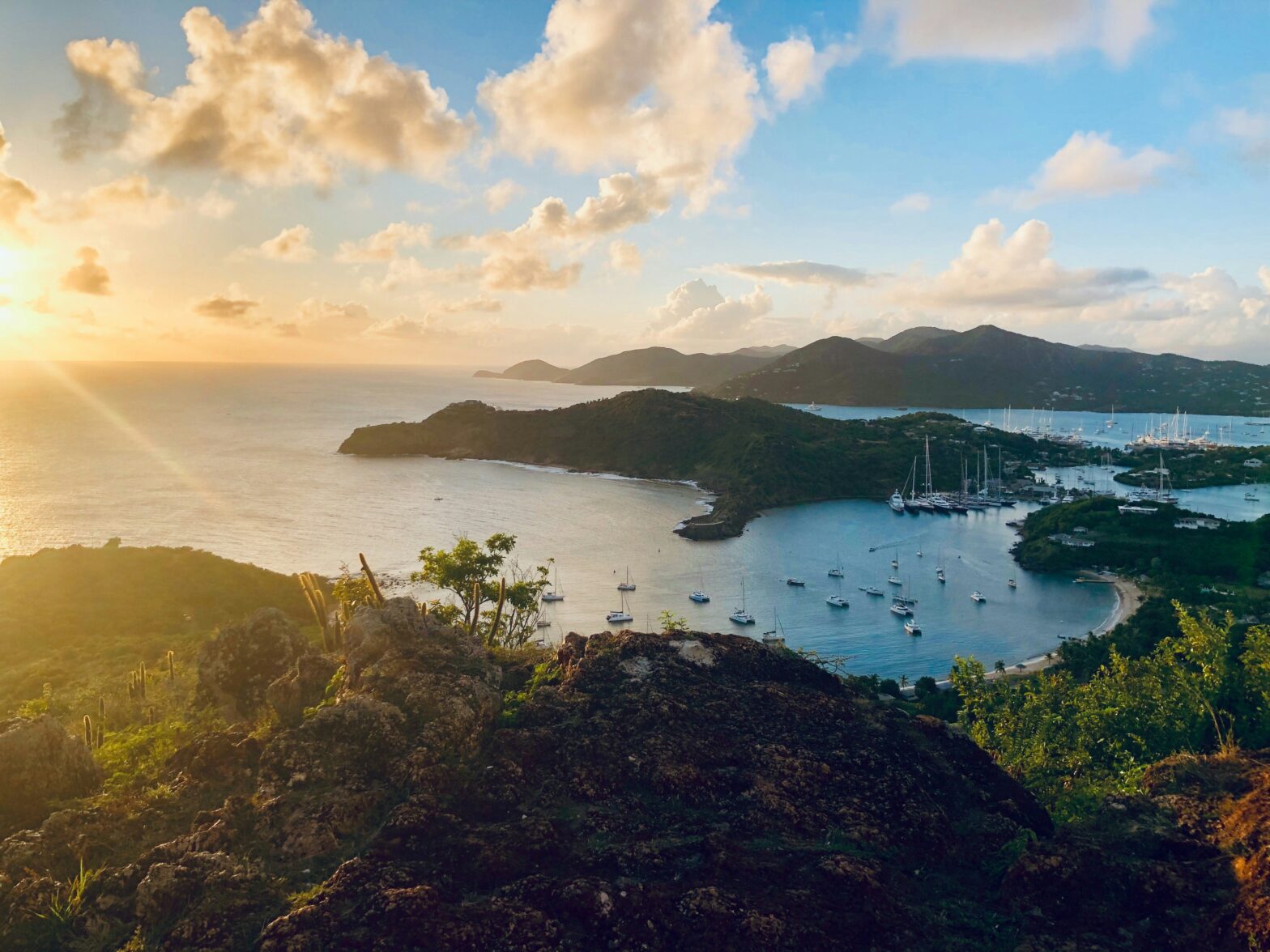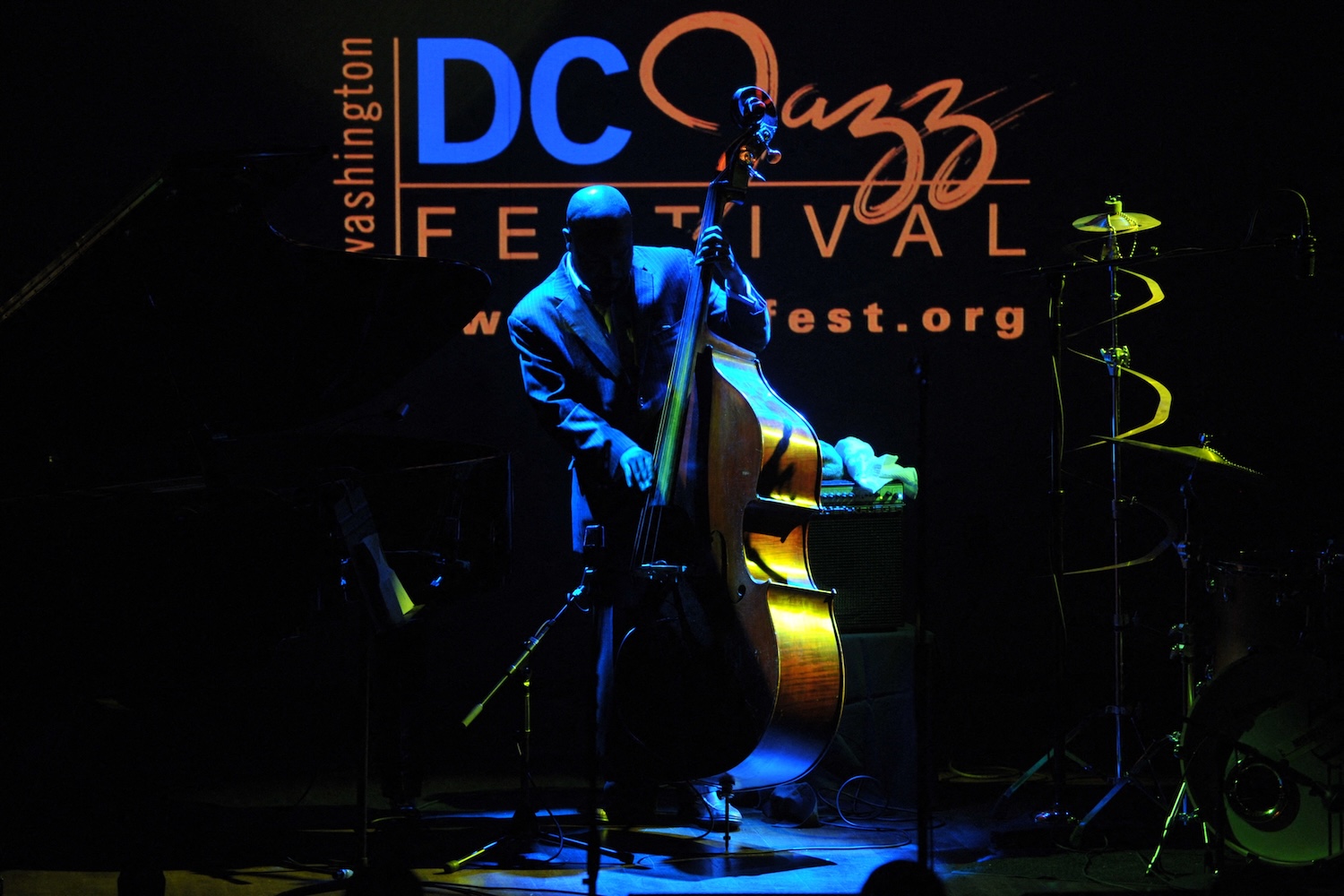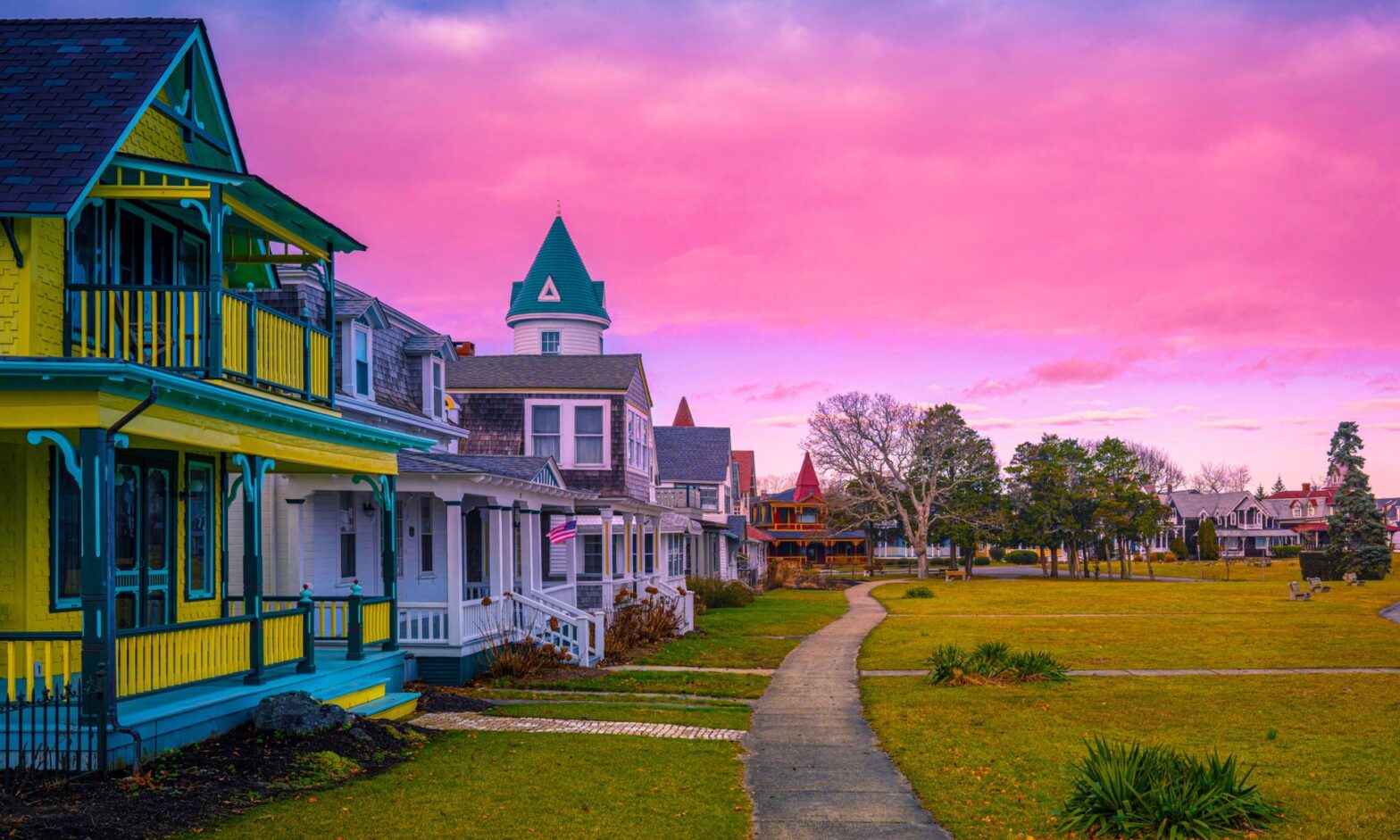Multiple news outlets have reported that Antigua and Barbuda may be next to claim republic status. The first Caribbean island to achieve this was Haiti in 1804, and the most recent was Barbados in 2021.
Antigua and Barbuda earned independence from Britain in 1981, but Queen Elizabeth II was their head of state until her death. Now her son, King Charles III has moved into that role, but it may not be for long. Prime Minister Gaston Browne has expressed his desire to see the sister islands become a republic in his lifetime. But the process will take time.
Browne said, “this is a matter to be taken to a referendum, probably within the next three years. Becoming a republic is a final step to complete the circle of independence and ensure we are truly a sovereign nation.”
He quickly added that “a referendum wouldn’t be an act of hostility,” and that Commonwealth membership would stay in place.
The general attitude towards the royals in the Caribbean has noticeably cooled as of late.
As reported by Travel Noire in August, “Last March, Prince William and his wife, Kate Middleton, went to Jamaica to launch what some called a charm offensive. The objective was to commemorate Queen Elizabeth II’s Platinum Jubilee; celebrating 70 years on the throne.”
The royals also went to Belize and the Bahamas, but they didn’t get much fanfare there either. In fact, they had to scrap one excursion on their itinerary in Belize following protests from locals.
Locals in Antigua effectively rolled their eyes when Prince Edward and his wife Sophie Rhys-Jones visited the island.
The St. Kitts and Nevis Observer wrote, “the people of Antigua pride themselves on the welcome offered to visitors – tourism is the country’s mainstay after all. But behind the red carpet and guard of honor upon arrival, the royals encountered pervasive apathy and simmering resentment. Decades ago, they were greeted like deities.”
“We would all turn out to see them and wave flags,” said historian Ivor Ford. “I suppose we didn’t know better then.”

